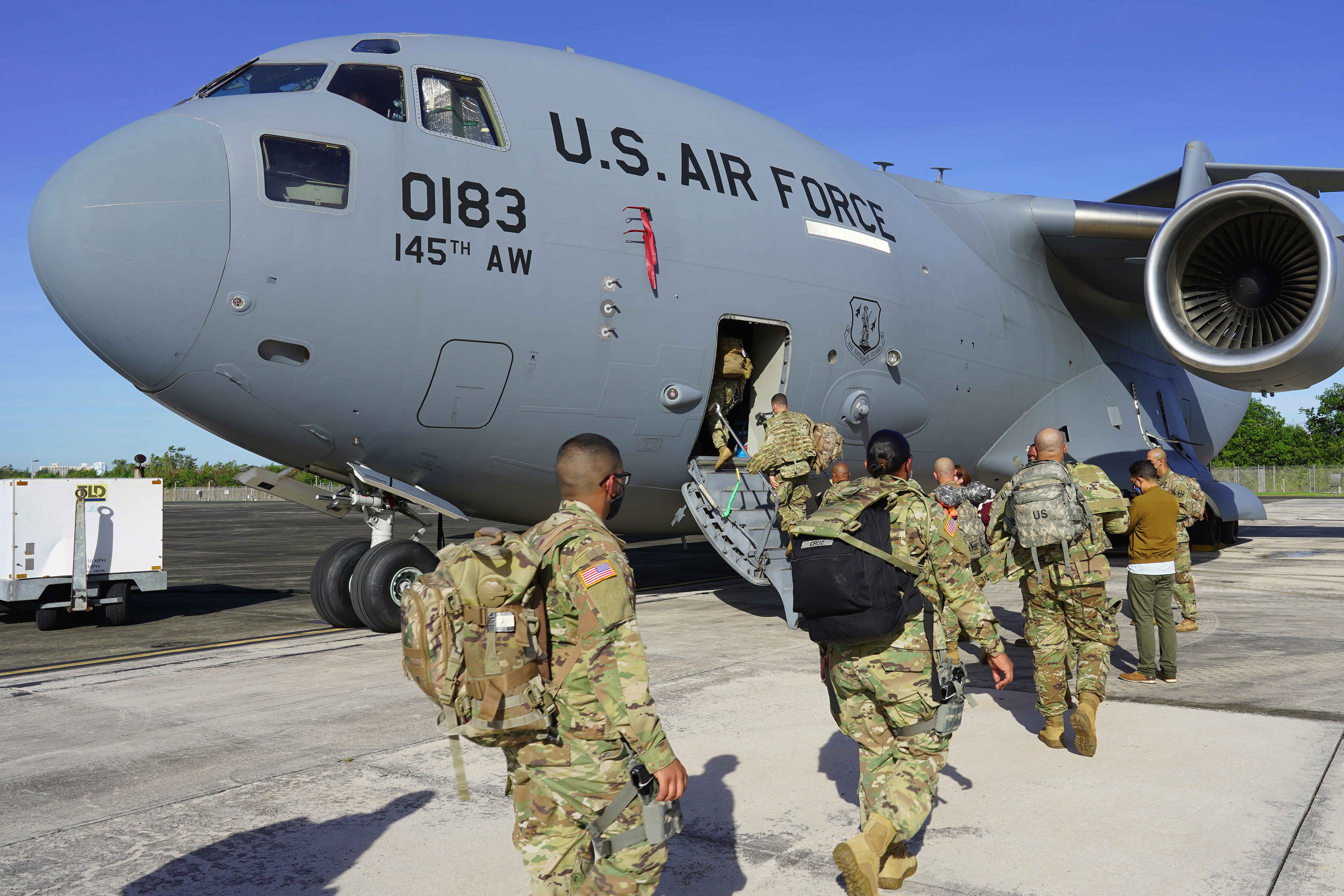Closing a Chapter—U.S. to Withdraw from Afghanistan

Why is the U.S. withdrawing?
After Biden took office, he ordered a review of the Afghanistan strategy and signalled that U.S. troops would not withdraw by 1 May, the date set in February 2020 under the Qatar Agreement with the Taliban. President Biden concluded that the original goals of military intervention had been achieved (e.g., killing Osama bin Laden in 2011) and Afghanistan is no longer a major source of terrorist threat to the U.S. Extending the military presence has not guaranteed peace in the country. The 20th anniversary of the attacks on the U.S. is to be an opportune moment to end this “forever war”. While the exit will be considered a U.S. failure by many countries, the Americans want to focus on the main challenge—China—and engage more in the Indo-Pacific region. The declining American support for the war in Afghanistan and the need to focus on the country’s economic recovery also had an impact on the decision. In indicating the date of the withdrawal of troops, the U.S. aims to convince the Taliban to refrain from attacks on international forces between 1 May and the full withdrawal, and to give one last chance for the sides to reach a peace agreement.
How will the U.S. withdrawal affect the peace process?
In March this year, the U.S. presented a new peace initiative, including the formation of a transitional government and a major UN Conference on Afghanistan with the participation of the Taliban. The meeting is scheduled for 24 April in Istanbul, but the Taliban have so far declined the invitation. The decision to withdraw U.S. and NATO troops unconditionally strengthens the Taliban politically and militarily, who see it as a victory for them. Thus, it reduces the pressure for their involvement in the peace process. Getting the Taliban to talk will require new concessions, including the release from prisons of sympathisers, removal from the UN sanctions list, or the resignation of the government of Ashraf Ghani. The Taliban will likely wait until September to attempt to seize power.
What are the prospects for Afghanistan?
The risk of an escalation of the civil war, a humanitarian crisis, and a new wave of refugees is increasing. The central administration will be weakened and divisions in the army along ethnic, tribal, and political lines will deepen. At the same time, the size of the Afghan security forces (over 300,000) and the level of their armament will make it difficult for the Taliban to quickly overtake the entire country. The Taliban’s confidence in their victory on the one hand, and the fear of them among ethnic minorities and civil society in Afghanistan on the other, herald a long war and even the possibility of dividing the country. The alternative would be a new intra-Afghan peace accord and power-sharing. In both these cases, however, peace is possible only on the Taliban’s terms, so it marks the end of the current democratic system. A new Sharia-based regime will sharply reduce civil rights, especially of women.
What does this mean for the region?
NATO’s withdrawal from Afghanistan complicates the situation of the regional powers (China, Russia, India) and Afghanistan's neighbours (Iran, Pakistan). It transfers onto them the main responsibility for ensuring security in the region. In the event of destabilisation of Afghanistan, these countries would be the first to experience the effects in the form of increased terrorist threats and arms and drug trafficking. This will make it impossible to implement infrastructure projects under, for example, the Chinese Belt and Road Initiative, and will worsen the conditions for economic development in the entire region. That is why these countries should use their instruments (e.g., within the framework of the Shanghai Cooperation Organisation) to support the peace process. Pakistan, to which the Taliban owes much of its success, can play a key role in encouraging them to compromise.
What role can the international community, including the U.S. and the EU, play now?
The withdrawal of international troops does not mean that Western countries will lose influence on the situation in Afghanistan. Financial support for the maintenance of the security forces and economic assistance will remain the most important instruments. At a conference in Geneva in November 2020, donors promised a total of $12 billion by 2024. Making this aid dependent on the progress of peace talks may be the main incentive for concessions for all parties to the conflict. Another instrument is diplomatic support for the peace process and pressure on regional actors to play a constructive role in it. The possibility of establishing a UN peacekeeping mission that could stabilise the situation in the country requires consideration. At the same time, it is worthwhile for the EU and the U.S. to prepare for a possible humanitarian crisis and the prospect of accepting more Afghan refugees.


